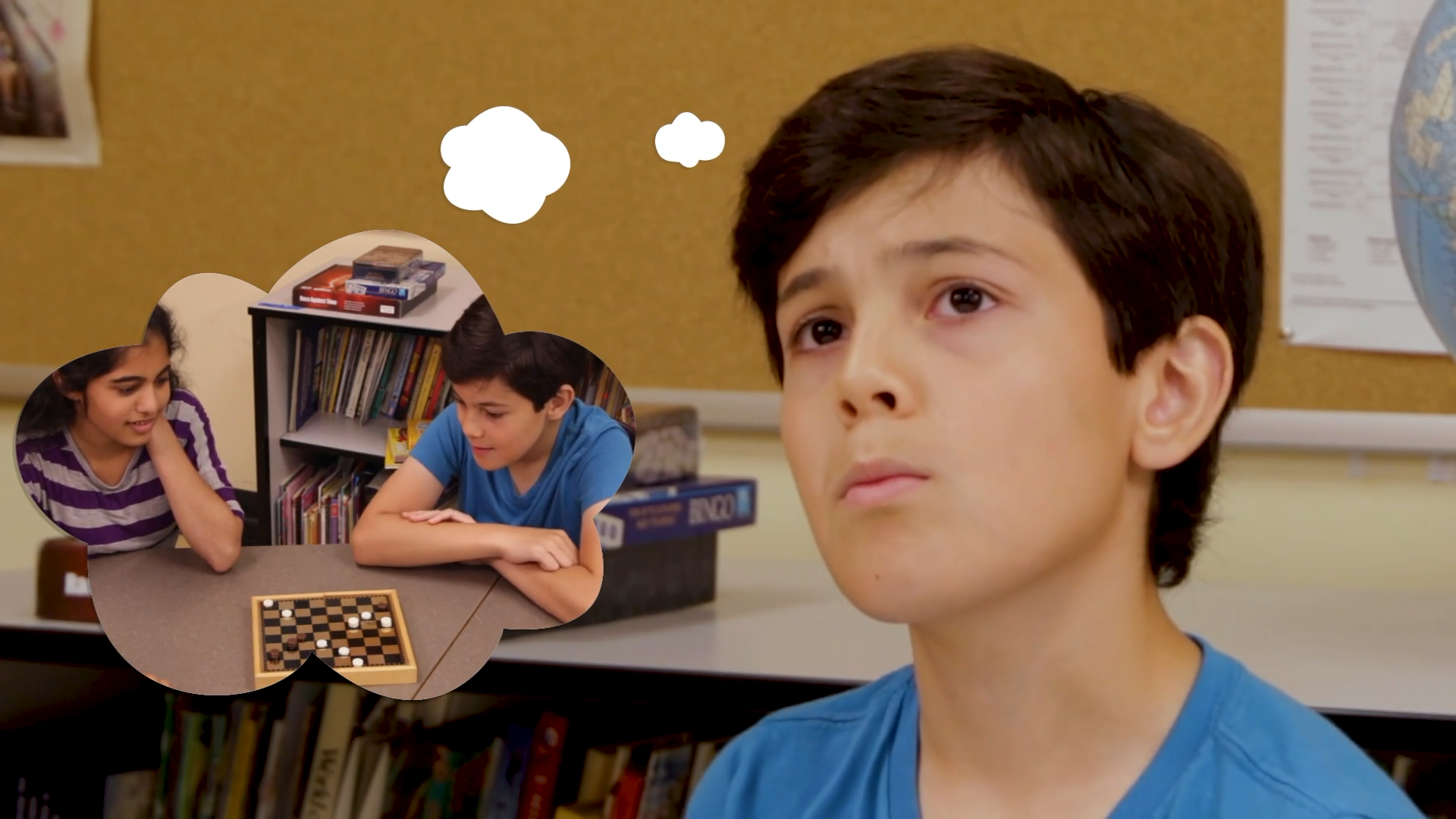
Introduction
Dealing with change and accepting others’ ideas can be challenging for children. When a child has a Closed Mind, they stick to their own ideas and are unwilling to consider other perspectives. This mindset can lead to feelings of worry and frustration and negatively impact their social experiences. On the other hand, an Open Mind allows children to remain calm, adapt to new situations, and maintain healthier relationships with their peers. In this blog post, we will discuss an easy no-prep activity, discussion questions, and related skills to help elementary students develop an Open Mind.
No-Prep Activity: The Idea Swap
This activity is designed to help students practice open-mindedness without requiring any preparation or materials from the educator. It can be adapted to various group sizes and settings.
- Divide the students into pairs or small groups.
- Ask each student to think of an activity or game they enjoy playing.
- Have the students share their favorite activity or game with their partner or group members.
- Encourage the students to listen carefully to each other’s ideas and ask questions if they want to learn more.
- After everyone has shared, ask the students to choose one activity or game from the ideas presented that they would like to try as a group.
- As a group, have the students discuss the reasons they chose the new activity and how they felt when practicing open-mindedness.
This activity helps students practice listening to others, considering different perspectives, and being open to trying new things.
Discussion Questions
Use these questions to stimulate further discussions about open-mindedness:
- What does it mean to have an Open Mind? How does it feel when you practice open-mindedness?
- Can you think of a time when you had a Closed Mind? How did it affect your relationships with others?
- What are some calming strategies you can use when you feel your mind becoming closed?
- Why is it important to have an Open Mind when interacting with friends and classmates?
- How can practicing open-mindedness help us grow and learn as individuals?
Related Skills
Developing an Open Mind is just one aspect of social-emotional learning. Here are some other related skills that can help students build strong relationships and adapt to new situations:
- Active listening: Paying close attention to others when they are speaking and showing genuine interest in their thoughts and feelings.
- Empathy: Understanding and sharing the emotions of others, which helps to build stronger connections.
- Flexibility: Being able to adjust to changes in plans or expectations without becoming upset or frustrated.
- Resilience: Bouncing back from setbacks and remaining optimistic in the face of challenges.
- Problem-solving: Working collaboratively with others to find solutions to conflicts or challenges.
Next Steps
Are you interested in exploring more social-emotional learning activities and resources? Sign up for free sample materials from Everyday Speech to access a variety of tools designed to help students develop essential life skills. By incorporating these activities into your teaching, you can help students build an Open Mind and foster a more positive learning environment for everyone.

